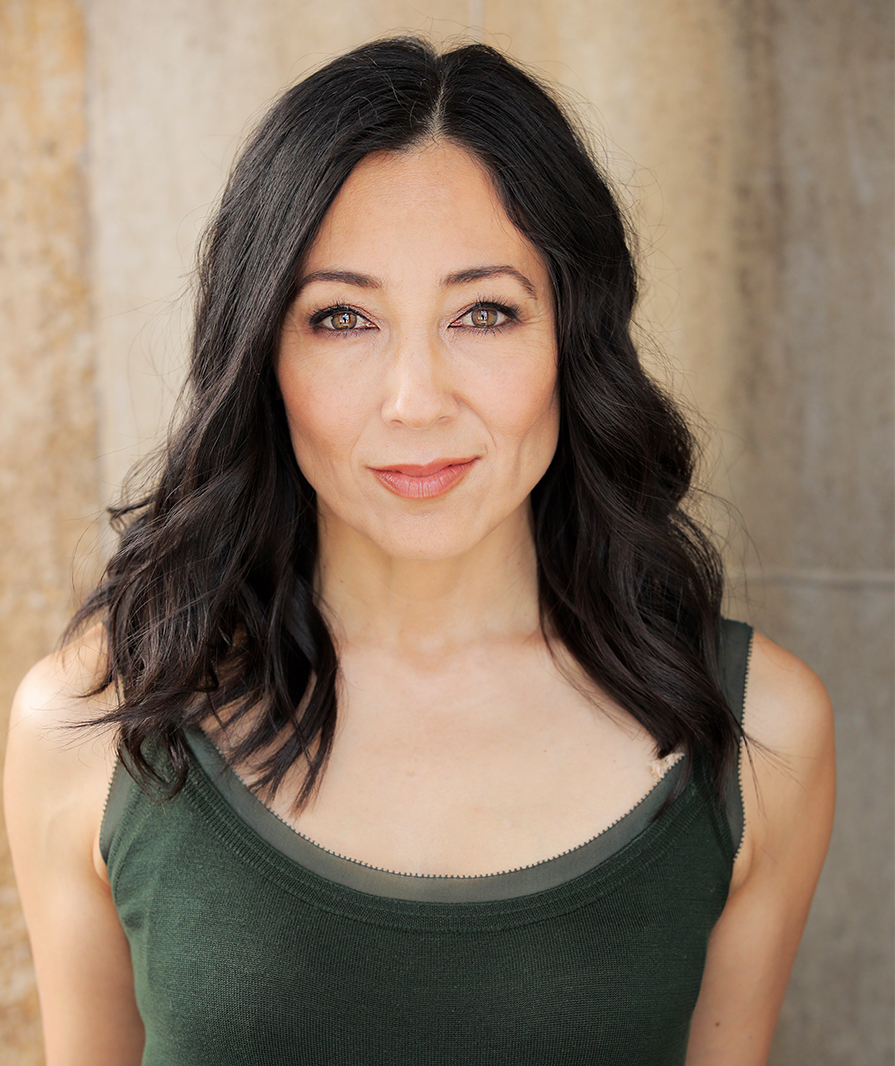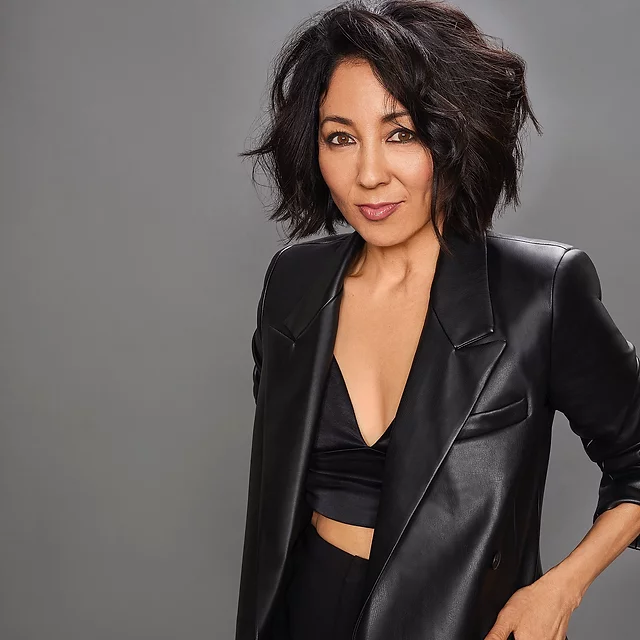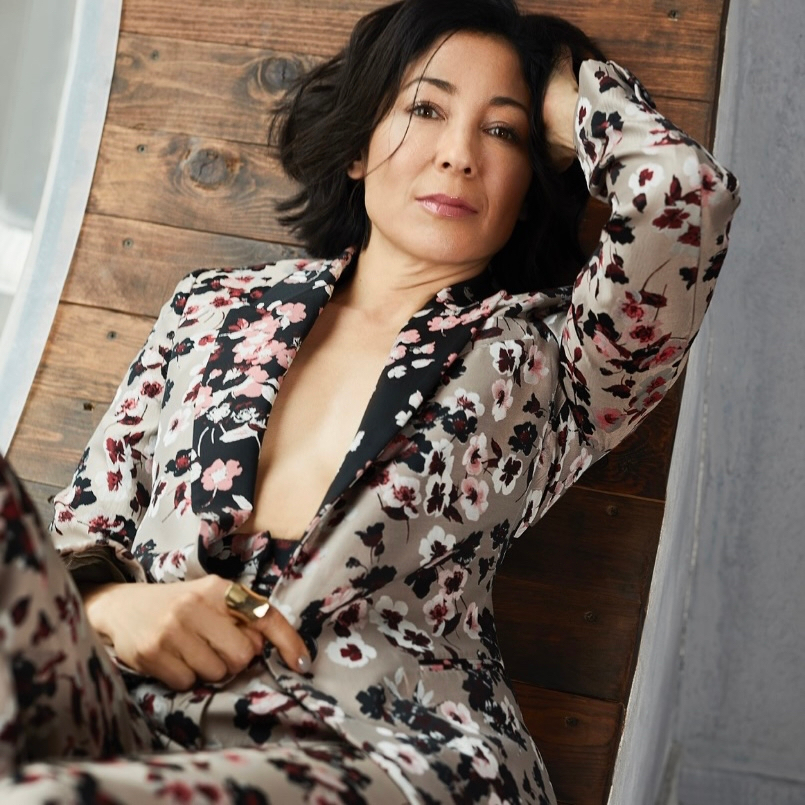Keiko Elizabeth is an actress and filmmaker who works in theatre, television, and film. She is best known for her roles in the films Nerd Herd, The Last Great Romantic Comedy, Holey Moley, and Subluminal.
What is known about Keiko Elizabeth’s personal life?

Keiko Elizabeth is a Sacramento, California-born actor, producer, and director. She obtained an MFA from Cal State Fullerton in acting and studied biology and feminist studies at Stanford University.
Keiko experienced firsthand the impact of storytelling while working with middle school students who had just left a juvenile facility. Families and communities can be healed through stories. People might feel important through stories. The depths of the human experience can be revealed via stories. Keiko’s work serves that goal.
Keiko’s acting credits include guest appearances on a variety of television shows, including “Hawaii Five-0” and “Hot in Cleveland,” as well as recurring roles on “How to Get Away with Murder” and “City on a Hill” on Showtime.
How was Keiko Elizabeth’s early life growing up?

Keiko didn’t seriously consider pursuing an acting career while she was growing up. She enjoyed watching television and going to the movies, just like everyone else, but she would never have thought of pursuing an acting career. Keiko dreamed of other things. Her early aspiration was to spend the week as the first female president and the weekend as a ballerina.
The actress’ ethnicity sparked countless conversations on race, identity, and the significance of her father’s upbringing as she was growing up. Her teachers and friends occasionally misinterpreted Elizabeth because of her mixed ethnicity. Her father is Japanese and mother is half-white, half-Chilean.
She was raised in a somewhat conservative area outside of Sacramento. When people recently started to become more aware of racial dynamics, it reminded her of lot of things that she had gone through as a child in terms of being otherized and what it means to grow up in an area with little diversity, where people aren’t particularly interested in or curious about broadening their horizons in that way.
When a large number of Vietnamese children moved to her school and couldn’t speak English, Elizabeth says that was the first time she became aware of racism. She also recalls that the school’s employees used a lot of racist language.
Why is Keiko Elizabeth’s role on City on a Hill so important?

Actress Keiko Elizabeth, 38, presently plays an attorney from U.S. named Karen Shimizu on the TV show City on a Hill. Her character’s early years spent in a Japanese internment camp during World War II had a significant impact on her life. Since Elizabeth’s Japanese father was born in the Tule Lake internment camp in California, the actress talks about how the subject of her character’s story relates to her own family history in an interview with PEOPLE magazine.
Growing up, the actress’ heritage spurred numerous discussions about race, identity, and what her father’s upbringing meant. Due to her father being a Japanese father and her mother who is half-white, and half-Chilean, Elizabeth was sometimes misunderstood by her teachers and classmates in the predominantly white North California community where she was raised.
She is engrossed in spreading awareness about the prejudice Asians suffer and is now filming a documentary called Herselves that represents the story of her family’s experience in the Japanese internment camps. The documentary is about a first-generation Korean American lady who struggles with her relationship with her mother, who is an immigrant.
In the conversation, Elizabeth discusses her father and his younger sister, who were both born in one of the ten World War II internment camps, Tule Lake, which was later called a segregation facility because it was the most militaristic of all the camps at the time.
When her father was 2 years old, his entire family made the decision to move back to Japan following the war. His family had multiple nationalities. She describes how although her grandmother and the three children were Americans, her grandfather was a citizen of Japan.
He returned to the US at age 16, in part because he was required to register for the draught in the US as a US citizen, and in part because it would have been difficult for him to establish a life in Japan as an American citizen who was actually Japanese living there. It was difficult for the actress’s father to get a job, attend college, etc.
The actress tells how her father came on his own, anticipating the arrival of his family. His mother was an American citizen as well and had always wanted to return, but she passed away in Japan not long after he arrived in the country, leaving him to live by himself with a white family who were not very kind to him.
The actress remembers her father telling her as a child that the worst aspect of racism is that it forces you to flee, even when no one is after you anymore.
Elizabeth also discusses how she returned to the camp, which was in California near the Oregon border, with her dad and her aunt in December 2018. They travelled in December since her dad was born in that month and she wanted to experience all of her grandma’s experiences while she was with them. She describes how cold and isolated it was, as well as how terribly dismal it was.
They had made an impromptu memorial for her grandparents while they were there by bringing images of them with them. She claims that my aunt and her dad both thought it to be very profound and that it was incredibly lovely.
Keiko’s drive to promote diversity and inclusiveness in the media is what keeps her going. And Keiko is more determined and motivated to work for change and to bring these experiences to the screen as a result of the frightening increase in hate crimes against Asian Americans in recent months.
She claims that in her dual roles as an actor and a creator, she is on a mission to humanize and make public the experience of Asian American women. She claims that it motivates her work, keeps her motivated and improving each day, sparks her curiosity, and links her with others who share her desire to make the full range of human experience apparent.
